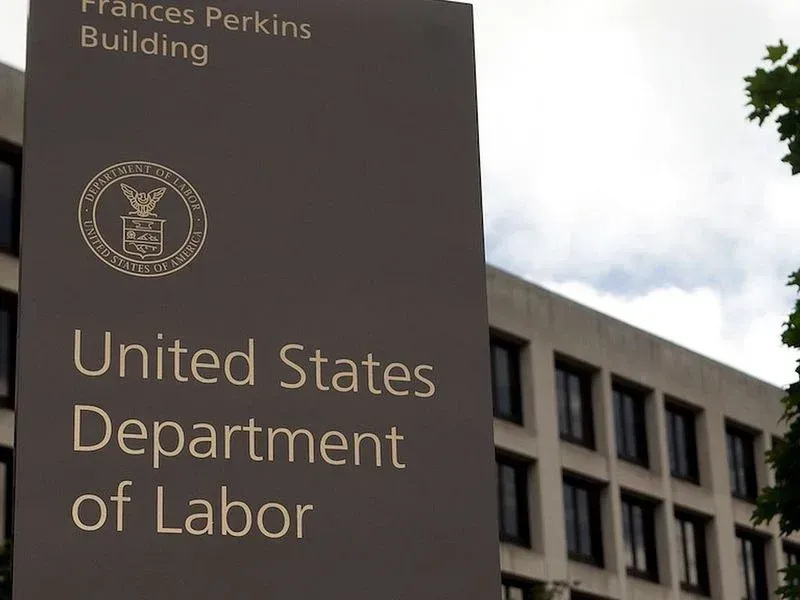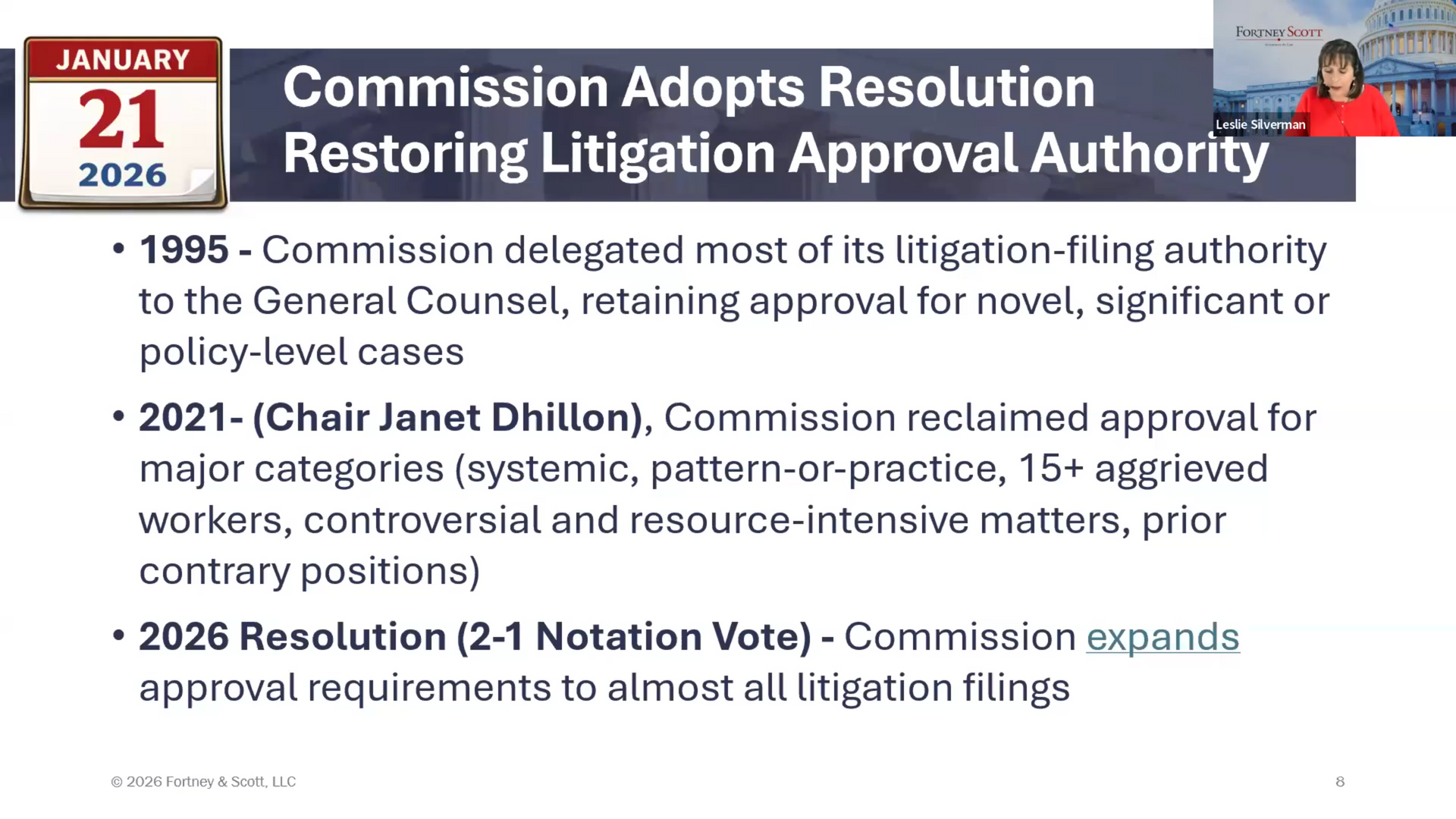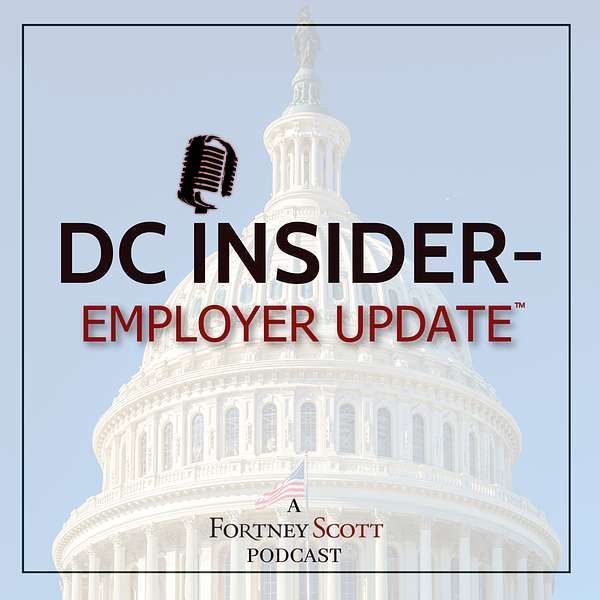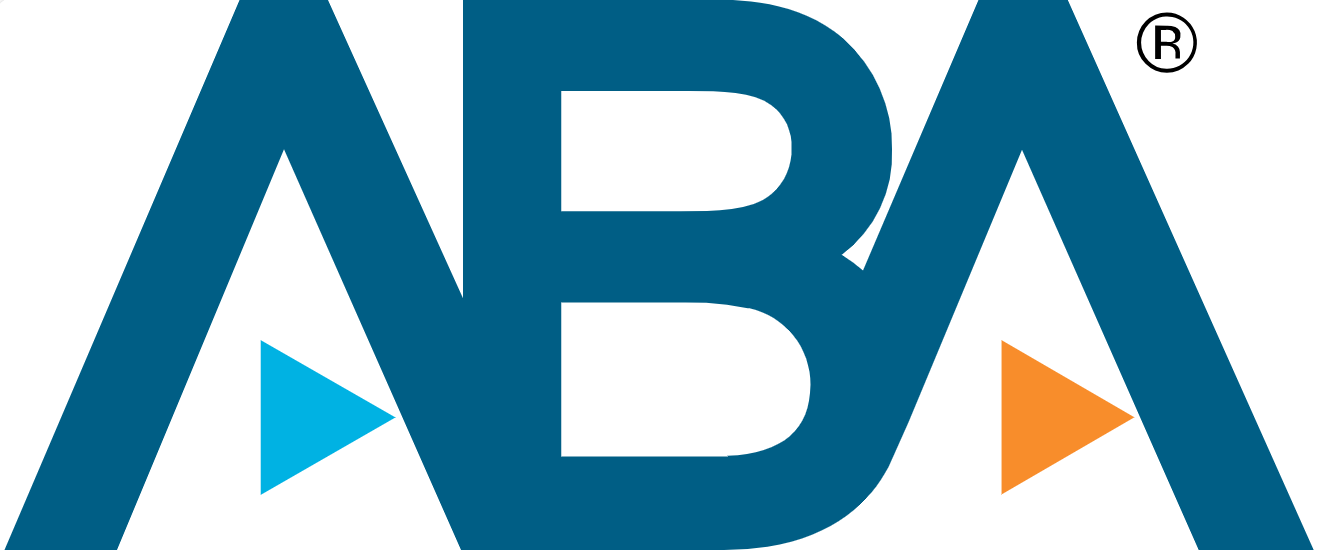Final PWFA Regulations
The EEOC’s final Pregnant Workers Fairness Act (“PWFA”) regulations were republished in the Federal Register on April 19 and will become effective on June 18th. The final regulations and guidance clarified and, in some cases, expanded on employers’ accommodation obligations for pregnancy related conditions from what the EEOC originally included in the proposed regulations.
Highlights of Final Regulations
- Conditions covered: include the same wide range of conditions related to pregnancy outlined in the proposed rule including fertility and infertility treatments, carpel tunnel, menstruation, postpartum depressions, lactation, changes in hormone levels, miscarriage, stillbirth, and preeclampsia. Despite receiving many comments, both for and against the inclusion of abortion and its aftermath, abortion continues to be a covered condition based on EEOC’s prior coverage under Pregnancy Discrimination Act.
- Reasonable Accommodations: which rarely impose an undue hardship is expanded in the final rule and includes permitting employees to carry or keep water nearby, taking breaks to eat and drink as needed, and permitting employees to either stand or sit as necessary. The final rule notes that employers need to ensure its policies do not negatively impact employees with reasonable accommodations.
- Qualified Individual clarified as to who can perform the essential functions “in the near future.” If an individual is pregnant, the presumption is that the individual will be able to perform the essential functions “in the near future” within 40 weeks of the suspension of the job functions. The regulations do not impose a 40-week limitation for conditions other than a current pregnancy. In the final rule, a request to indefinitely suspend an essential function is not considered to be “in the near future.”
- Documentation and information: an employer’s right to demand documentation to support a request is limited in the final rule to only what is reasonable under the circumstances to determine if the employee has a qualified condition and needs an adjustment or change at work due to the limitation.
- Unlawful employment practices: include unnecessary delay by employer to provide reasonable accommodation.
Implementation
A federal district court in Texas blocked enforcement of the regulation against the state of Texas based on the underlying statute’s being approved under pandemic voting rules which allowed proxy voting by members of the House of Representatives. The PWFA is in effect for private employers effective June 18 despite the Texas injunction, but challenges are expected.
What Employers Should Do Next
Despite the potential for continuing legal challenges to PWFA and the final rules, employers should carefully review the final regulations to determine how to comply with the new requirements prior to its June 18 effective date.
In order to assist clients to prepare for the new obligations, FortneyScott will be presenting a complimentary webinar on May 22 from 12:00 noon to 1:00 ET – register now.
In the meanwhile, clients with questions can reach out to their FortneyScott attorney or email info@fortneyscott.com.
Issued April 18, 2024















